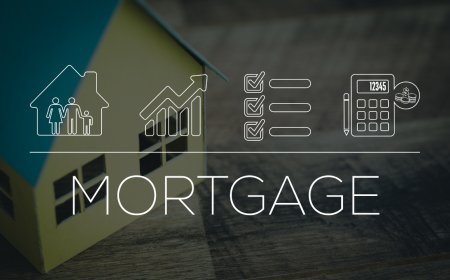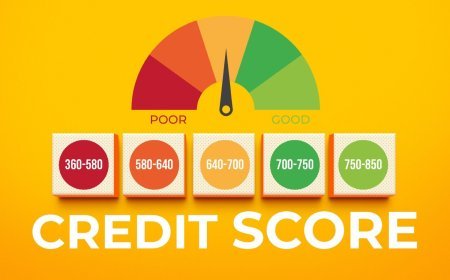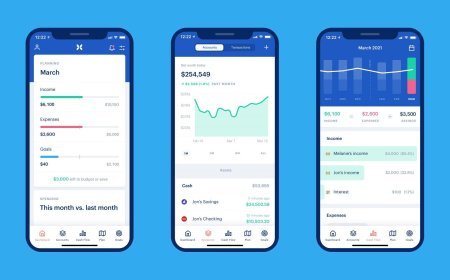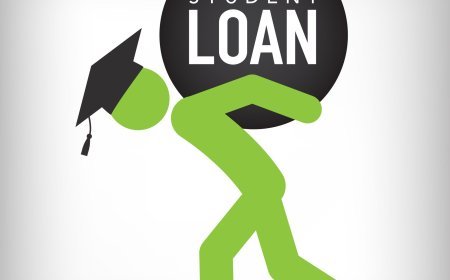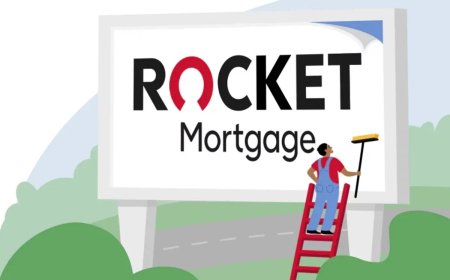Mortgage Lender Reviews: Finding the Best Home Loan Options
Compare top mortgage lenders including rates, fees, customer service, and loan programs to find the best home financing option for your needs.

Choosing the right mortgage lender can save tens of thousands of dollars over your loan's lifetime while ensuring a smooth home buying experience. With hundreds of lenders offering varying rates, fees, and service levels, understanding your options and comparing key factors helps you secure the best possible home loan terms.
Quicken Loans (now Rocket Mortgage) has revolutionized the mortgage industry with its digital-first approach, offering streamlined online applications and fast approvals. The platform provides competitive rates, comprehensive loan programs including conventional, FHA, VA, and USDA loans, and excellent customer service. However, rates may not always be the lowest available, and the digital focus may not suit borrowers preferring human interaction.
Wells Fargo remains one of the largest mortgage lenders, offering extensive loan programs, local branch support, and competitive rates for qualified borrowers. The bank provides conventional loans, government-backed programs, jumbo loans, and specialized programs for first-time buyers. Wells Fargo's strength lies in its comprehensive services and local presence, though its size can sometimes result in less personalized service.
Chase Home Lending offers competitive mortgage products with the backing of one of the nation's largest banks. The lender provides conventional, FHA, VA, and jumbo loans with various down payment options. Chase customers may receive relationship discounts, and the bank offers robust online tools for application and management. However, approval requirements can be strict, and rates may not be the most competitive for all borrowers.
Better Mortgage operates as a digital mortgage lender focusing on transparency and speed. The platform offers competitive rates with no origination fees, lender fees, or commission-based compensation. Better provides conventional, FHA, VA, and jumbo loans with fast approval times. The digital-only approach may not suit all borrowers, and loan programs are somewhat limited compared to traditional lenders.
Local credit unions often provide excellent mortgage rates and personalized service for members. Credit unions typically offer competitive rates, lower fees, and more flexible underwriting standards. However, loan programs may be limited, and eligibility requires membership. Credit unions work well for borrowers with established relationships or those who qualify for membership.
Online mortgage lenders like LendingTree, LoanDepot, and Guaranteed Rate offer competitive rates and streamlined processes. These lenders often provide quick pre-approvals, competitive pricing, and digital convenience. However, service quality varies significantly, and borrowers should research specific lenders carefully before committing to applications.
Mortgage brokers act as intermediaries, connecting borrowers with multiple lenders to find competitive rates and terms. Brokers can be valuable for borrowers with unique situations or those seeking the best possible rates across multiple lenders. However, broker fees can add to closing costs, and the quality of service depends heavily on the individual broker's expertise and ethics.
Rate comparison requires understanding that advertised rates may not reflect what you'll actually receive. Rates depend on credit scores, down payments, loan amounts, property types, and market conditions. Always compare Annual Percentage Rates (APR) rather than just interest rates, as APR includes fees and provides a more accurate cost comparison.
Fees and closing costs vary significantly between lenders and can substantially impact total borrowing costs. Common fees include origination fees, application fees, underwriting fees, and processing fees. Some lenders advertise no-fee loans but may offer higher interest rates to compensate. Calculate total costs over your expected loan duration when comparing options.
Loan programs availability affects borrower options, especially for those with unique situations. First-time buyer programs, down payment assistance, VA loans, USDA rural loans, and jumbo financing may not be available from all lenders. Ensure potential lenders offer programs that match your needs and eligibility.
Customer service quality significantly impacts the mortgage experience, particularly during stressful home buying processes. Research lender reviews, response times, and communication methods. Consider whether you prefer online self-service tools, phone support, or in-person meetings when evaluating lenders.
Technology and digital tools can streamline the mortgage process through online applications, document upload portals, real-time status updates, and mobile apps. These features save time and improve transparency but may not suit borrowers who prefer traditional processes or have complex financial situations requiring human expertise.
Approval timelines vary between lenders and can affect home buying competitiveness. Fast approval times help in competitive markets where sellers prefer buyers with financing certainty. However, rushed processes may increase error risks or miss better terms available through more thorough shopping.
Credit score requirements differ between lenders, with some specializing in borrowers with less-than-perfect credit while others require excellent scores for the best rates. Understand each lender's typical requirements before applying to avoid unnecessary credit inquiries that could hurt your score.
Down payment options affect accessibility and total borrowing costs. Some lenders offer low down payment programs, while others require substantial down payments for competitive rates. Consider how different down payment levels affect monthly payments, private mortgage insurance requirements, and total interest costs.
Geographic availability limits some lenders to specific states or regions. Online lenders typically serve nationwide, while regional banks and credit unions may have limited service areas. Ensure potential lenders serve your location and property type before investing time in applications.
Pre-approval processes provide valuable insights into lender efficiency and your buying power. Obtain pre-approvals from multiple lenders to compare terms and service quality. Pre-approvals also strengthen purchase offers by demonstrating financing capability to sellers.
Rate locks protect against interest rate increases during loan processing but may limit your ability to benefit from rate decreases. Understand each lender's rate lock policies, including duration, extension options, and float-down provisions that allow rate reductions if market rates improve.
Second mortgage and refinancing capabilities matter for long-term relationships with lenders. Consider whether lenders offer home equity loans, lines of credit, and competitive refinancing options if you plan to access home equity or refinance in the future.
Selection strategies should include obtaining quotes from multiple lender types (banks, credit unions, online lenders, brokers), comparing total costs rather than just rates, reading recent customer reviews and complaints, and verifying licensing and reputation through regulatory agencies. Focus on lenders that align with your specific needs and comfort level rather than just the lowest rates.
What's Your Reaction?
 Like
0
Like
0
 Dislike
0
Dislike
0
 Love
0
Love
0
 Funny
0
Funny
0
 Angry
0
Angry
0
 Sad
0
Sad
0
 Wow
0
Wow
0






